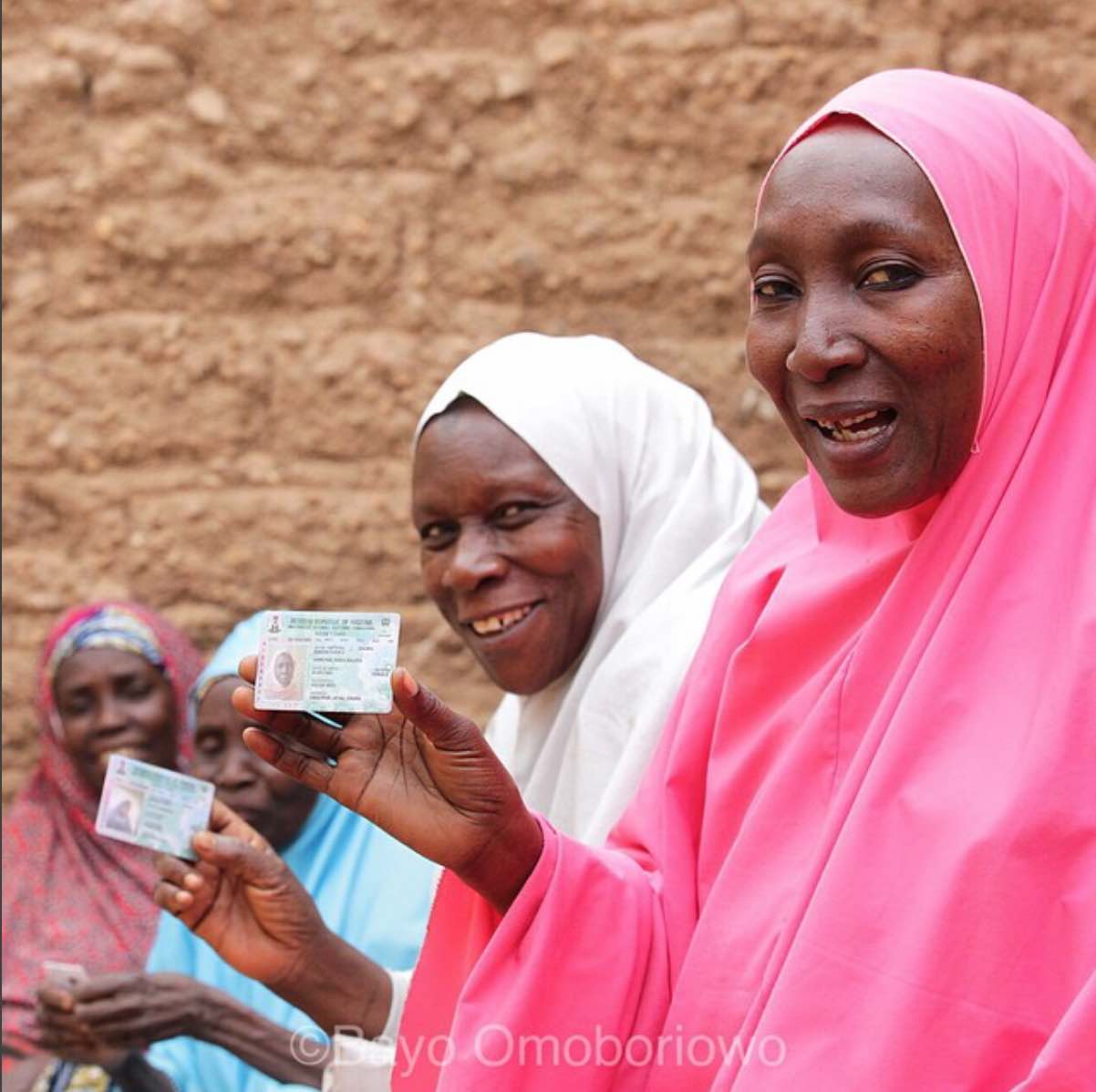The Nigerian Senate earlier this week revisited the conversations on electronic (e) voting during a plenary session by using e-voting to confirm the nomination of two current Judges of the Court of Appeal as Supreme Court Judges. This act by the Nigerian Senate will help track votes and also present a more transparent National Assembly.
The plenary session started with the use of voice voting to adopt the votes and proceedings of the previous legislative day, but it later switched to e-voting. The Deputy Senate President, Ike Ekweremadu, told his colleagues that they could only vote from their assigned seats by slotting in their cards in a provision made for it.
Seeing that the Senators were not used to this new process of casting votes in the Senate, the Deputy Senate President repeatedly explained to his colleagues that they first had to slot in their cards to register before they could vote.
The voting process registered 39 senators during the confirmation of Justice Ejembi Eko, but 38 voted yes to the confirmation. While for the confirmation of Justice Amina Augie, 40 senators registered but only 39 senators voted yes to the confirmation.
However, the senate adjourned plenary by going back to the tradition use of voice votes – all in support say aye, all who are against, say nay.
Where are we now on e-voting?
To build for the future we will need to consider building iteratively. For now the National Assembly can be the testing ground for the e-voting system. Challenges encountered during elections at the National Assembly can be recorded, reviewed and if found needed can be implemented into the e-voting system.
We commend @bukolasaraki and the leadership of @nassnigeria for re-introducing e-voting, one key demand of #OpenNASS. Let’s open up our NASS
— BudgIT Nigeria (@BudgITng) October 18, 2016
Already the e-voting system in the National Assembly has revealed that some Senators where either absent during Tuesday’s plenary session or were not registered to vote.
This is why #OpenNASS is so critical!
109 Senators – 39 Voted.#WhereIsYourSenator?https://t.co/gGQddYuBIa to find out your rep. https://t.co/jsfxUmV29x— EiE Nigeria (@EiENigeria) October 18, 2016
With everything happening on social media – #OpenNASS – as regards the data released concerning the voting of two judges of the Court of Appeal as Supreme Court judges, the Senate President of the Federal Republic of Nigeria, Bukola Saraki is optimistic that the e-voting system is a step in the right direction.
Rest assured every promise on #OpenNass will be kept. What is worth doing, is worth doing well. https://t.co/9HnRK8OJzm
— Dr. Abubakar Bukola Saraki (@bukolasaraki) October 18, 2016
The National Assembly needs to open up about the e-voting system contract and make the information about the contract available to Nigerians. We are already seeing the benefit of a transparent National Assembly with the use of the e-voting system and it can only get better with more openness.
From the Nigerian Senate to the 2019 general elections
The National Assembly’s adoption of e-voting can be traced back to October 2014, which was the last time the National Assembly employed e-voting in obtaining the opinion of lawmakers on an issue. Fast forward to 2016, it seems the National Assembly is seriously looking into relying on e-voting to provide a more transparent decision making process.
Though no technology is 100% perfect especially when human intervention is involved at some point, it is clear that knowing who votes what in the National Assembly is very important. This will help constituents track their representative’s decisions in the National Assembly.

On the 27th May, 2016, the RT. HON. Yakubu Dogara, Speaker, House of Representatives charged the House of Representatives Committee on Electoral and Political Parties Matters to review the 2015 general elections and address the identified challenges encountered during the elections. He specifically told the Committee during his opening remarks to look into Section 52(1)(b) of the Electoral Act 2010, that prohibits the use of e-voting machines during elections.
During the retreat for the House of Representatives Committee on Electoral and Political Parties Matters, Dr. Leo Stan Ekeh, Chairman of Zinox Group had an interactive session with the Committee. In his speech to the Committee, Dr. Leo pointed out that the time is ripe for Nigeria to embrace e-voting during elections to deepen its democracy.
Embracing the review of Section 52(1)(b) of the Electoral Act 2010 to reflect the use of e-voting machines during general elections is a major milestone that will help tackle major challenges faced during elections.
One key problem at the moment is that Nigeria’s broadband penetration is at 14%. Building an e-voting system around low broadband penetration will result in far worse problems than what the current electoral process is faced with.
Do you think the Nigerian general elections conducted by the Independent Electoral Commission is ready for an e-voting system? Let us know in the comment section below.
Featured image credit: Bayo Omoboriowo






